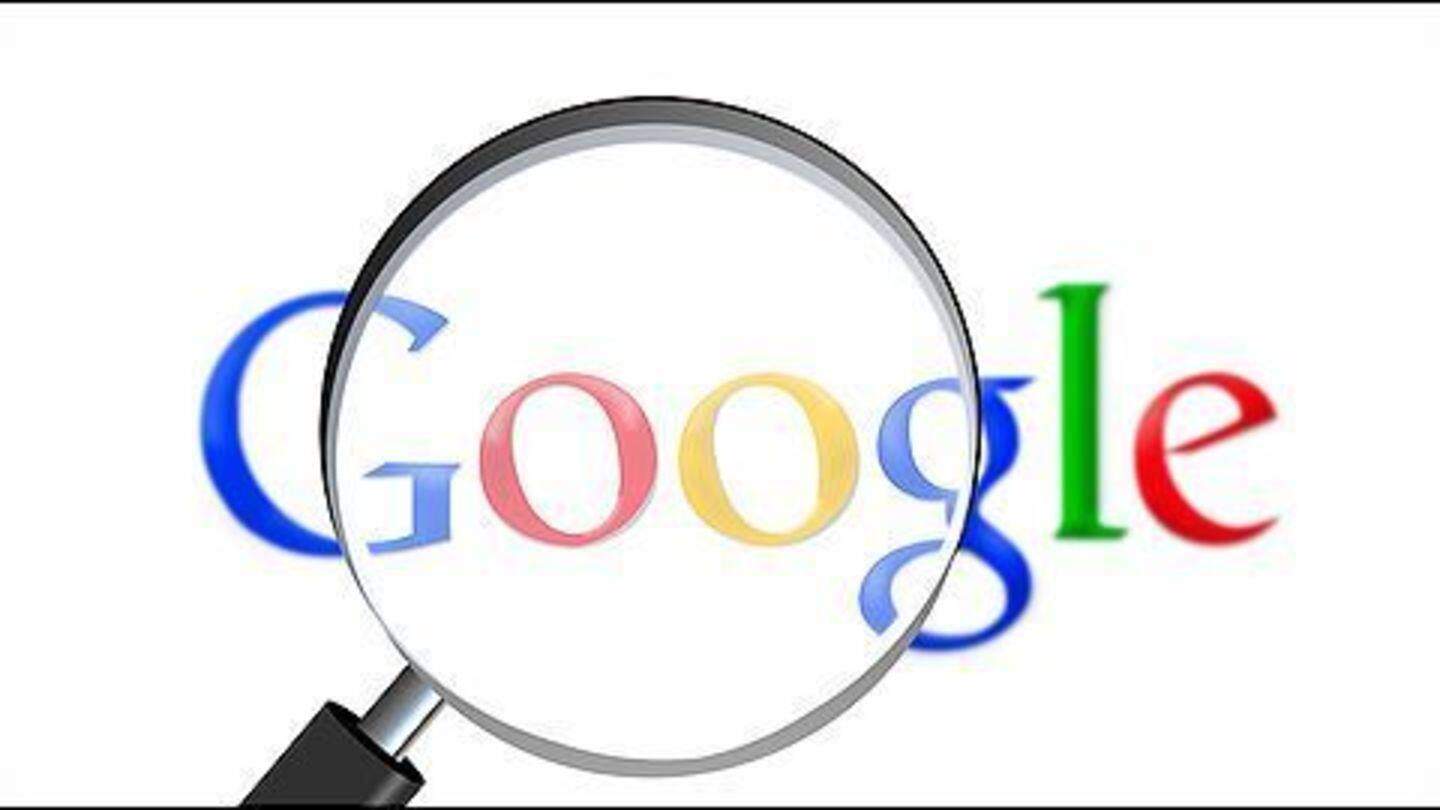
Google Fact Check tool rolled out to combat fake news
What's the story
Google has globally launched its fact-checking tool in a bid to tackle the spread of misinformation or fake news. The search engine giant's latest feature puts 'Fact Check' tags on articles in its search results along with a summary of claims that have been fact-checked. The feature was introduced on Google News in Oct'16 and has now been extended to the regular search results.
Information
Not entirely giving up its hands-off approach
The fact-checker tool is Google's response to increasing pressure to police online content it hosts after criticism the company and other internet giants have faced over spreading 'fake news'. Google is letting others do the fact-checking, which is meant to "legitimize or question claims online."
Fact-Checking
Google is working organizations like PolitiFact and Snopes
Google is collaborating with fact-checking organizations like PolitiFact and Snopes. The system is also open to publishers like The New York Times and The Washington Post. Media organizations could use the tool to fact-check each other or give different verdicts on the accuracy of an article. Google said, "These fact checks are not Google's and are presented so people can make more informed judgments."
Quote
Google CEO Sundar Pichai's statement
After the US Presidential election, when the outcry over the influence of misinformation/false news began, CEO Sundar Pichai stated, "From our perspective, there should just be no situation where fake news gets distributed, so we are all for doing better here."
Publishers
Publishers who investigate claims would be displayed more prominently
Publishers can add a fact-check tag to content but Google Search algorithms determine whether the labels appear in results. Publications and fact-checking organizations wouldn't be paid. Google might reserve the tag only for search results about a fact's addressable public claims rather than opinions. Articles with the labels wouldn't be ranked differently but publishers who have investigated a claim would be displayed with prominence.
Information
Facebook helps users detect false news
Facebook, the social media giant and leading driver of online traffic to different publishers, has itself taken the brunt of misinformation criticism. The company earlier launched new features in its flagship social network to help users know how to detect fake news.
Search Results
Feature to not label sites as untrustworthy
Google has also not been immune to scrutiny. The critics have highlighted many instances where Google showed inaccurate, misleading articles in its search results. While the latest feature does check facts, it wouldn't affect search results; sites known for spreading misinformation wouldn't be labeled untrustworthy. Google acknowledged that different publications may draw "opposing" conclusions about the validity of an article or statement.
Quote
Helpful for people: Google
Google stated, "Even though differing conclusions may be presented, we think it's still helpful for people to understand the degree of consensus around a particular claim and have clear information on which sources agree."